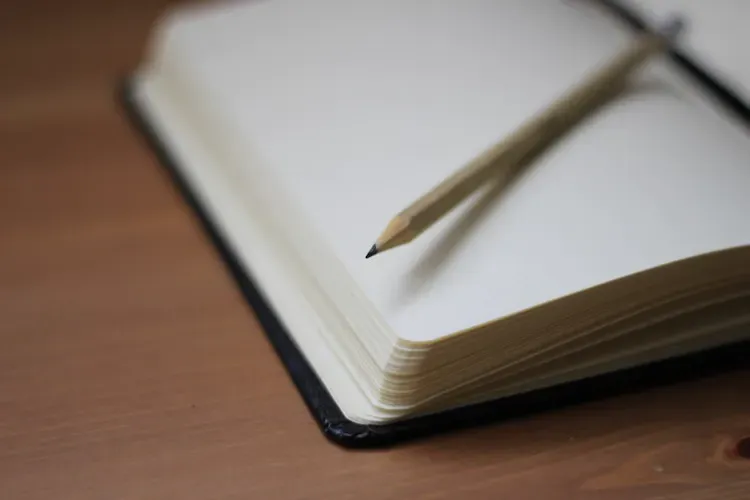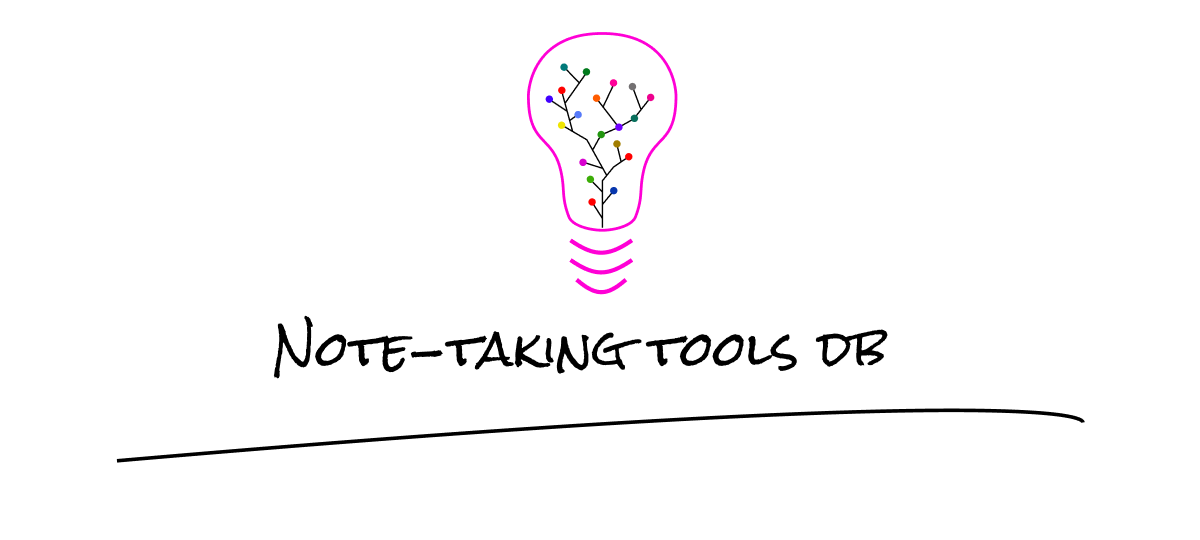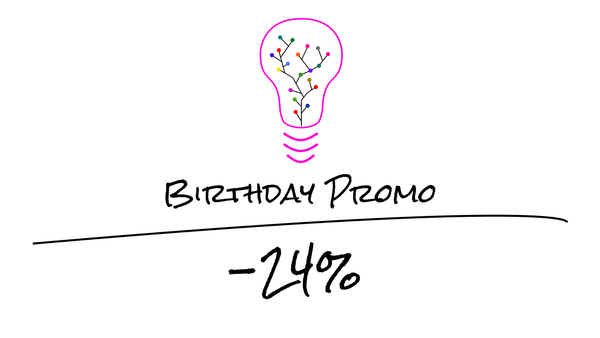The Capture Habit
Why capturing ideas and concepts can make a huge difference for your personal development and career

In this article, I'll discuss why and how to capture thoughts, ideas, and concepts. I'll also explain why developing the capture habit can make a huge difference in your personal and professional lives.
Words fly away, writings remain
verba volant, scripta manent
This is a Latin proverb roughly translated to "words fly away, writings remain". The popular interpretation is that one must be careful when writing things down. Writings remain and cannot be easily forgotten, hence the importance of being careful. The most obvious example is writing a contract. You don't want to miss a comma, as it could completely change the meaning of the agreement.
There is another way to interpret it that I prefer. Writing is a fantastic way to avoid forgetting, and allow yourself to forget. Once you write something down, it's there to stay. Also, once you write something down, you allow your brain to forget about it, which is great.
Some people spend a lot of time and energy memorizing things. Others are confident and trust their memory. I personally prefer writing things down instead of memorizing. I don't trust my memory all that much and don't want to add needless cognitive load.

Gotta Catch 'Em All ideas and thoughts
Thoughts and ideas are like words. They fly away. They come and go.
As Paisios of Mount Athos put it:
Thoughts are like airplanes flying in the air. If you ignore them, there is no problem. If you pay attention to them, you create an airport inside your head and permit them to land!
Of course, you can choose to ignore your thoughts and ideas and go about your day. But if you do care about personal development and growth, you certainly don't want to ignore those. Instead, you want to develop a habit of capturing the important and meaningful ones. It's that habit that will allow you to further explore and develop those.
The Capture Habit
The capture habit is a habit that I have developed over the years to make sure I never ignore or forget important ideas. Sometimes I think about something that I feel might be relevant later on for a project or another. Instead of letting go and hoping that it will resurface later, I immediately write it down. Either on a piece of paper, as a voice memo, or as an e-mail that I send to myself.
The idea is quite simple: put ideas in writing as soon as possible, no matter where/how. Just make sure to review what you wrote down at most after a week. I personally review my notes once a week, to evaluate and explore my ideas.
By capturing important ideas and thoughts, I allow my mind to wander to other things. It gives me peace of mind because I know that I'll be able to later continue where I left things off.
Of course, if it's really important, then I'll just stop what I'm doing and will spend some time diving further immediately. But often times I capture ideas that are worth exploring, but for which there is no urgency to act.
The capture habit requires actually paying attention. Paying attention enough to notice the important thoughts, and capture those.

Capture knowledge
The capture habit not only applies to thoughts and ideas, but also to concepts and knowledge in general. Whenever you read something interesting or get to understand something that matters (whether personally or professionally), you need to capture that knowledge in some way. Don't blindly trust your memory, or you'll surely be disappointed later on.
Capturing knowledge has important benefits. It allows you to later expand the captured knowledge, adding details and making connections with other ideas. It also helps identify the gaps in your understanding (cfr The Feynman Technique). As an added benefit, it also helps you memorize at least a part of the information because writing with clarity requires focusing your attention for long enough.

Capturing knowledge is something I do every day, both for myself and for work. While I'm working, capturing knowledge means capturing ideas, decisions, meeting minutes, task lists, etc. It's about being reliable, organized and structured. It's also about creating useful documentation, leaving traces such as rationale for certain choices, etc. For instance, while I was working in IT infrastructure, managing the Windows infrastructure (Active Directory, servers, and workstations), I wrote more than 800 pages of documentation. Some of those pages are 10+ years old, and people regularly tell me how useful they are for them on a daily basis. The work I did there capturing knowledge still benefits them today.

Context is key
Sometimes when we take notes, we fail to capture enough contextual information. Capturing, thoughts, ideas, and knowledge requires capturing more than the information itself. To be useful, your notes also need to capture enough context. Context includes answering questions such as "why did this come up?", "what does this relate to?", "what's the next step?", "where did I discover this?", etc.
Context is useful because it helps restoring the mental context you were in when this thought or idea came up. This makes it easier for your future self to continue where you left off, instead of wasting time wondering what you meant when you wrote something down. Contextual information serves as breadcrumbs.

Filter through the noise
Now, playing the Devil's advocate for a minute... Don't misinterpret this post as "capture everything you think or discover". It's important to be thoughtful when you capture information. Capturing thoughts, ideas and knowledge requires time and energy. And you have limited resources. So it's really important to make sure that what you capture is actually relevant and useful. The capture habit is not about volume. It's about usefulness. Capture things that matter. Capture what can help make progress with your life and projects. Capture what might make a difference in your work, for yourself or your colleagues.
It bears repeating: capture what matters, not everything!

Conclusion
In this article, I've discussed the reasons why developing the capture habit may help you grow both personally and professionally. The capture habit is simple but requires paying attention, and taking time to actually capture what matters. The system you use to capture, file, organize and review what you've captured does matter, but it's a topic for another day.
So, what are you waiting for? Go and catch 'em all!
That's it for today! ✨
About Sébastien
I'm Sébastien Dubois, and I'm on a mission to help knowledge workers escape information overload. After 20+ years in IT and seeing too many brilliant minds drowning in digital chaos, I've decided to help people build systems that actually work. Through the Knowii Community, my courses, products & services and my Website, I share practical and battle-tested systems. You can follow me on X 🐦 and on BlueSky 🦋.
I am an author, founder, and coach. I write books and articles about Knowledge Work, Personal Knowledge Management, Note-taking, Lifelong Learning, Personal Organization, and Zen Productivity. I also craft lovely digital products.
If you want to follow my work, then become a member and join our community.
Ready to get to the next level?
If you're tired of information overwhelm and ready to build a reliable knowledge system:
- 🎯 Join Knowii and get access to my complete knowledge transformation system
- 📚 Take the Course and Master Knowledge Management
- 🚀 Start with a Rock-solid System: the Obsidian Starter Kit
- 🦉 Get Personal Coaching: Work with me 1-on-1
- 🛒 Check out my other products and services. These will give you a rock-solid starting point for your note-taking and Knowledge Management efforts






